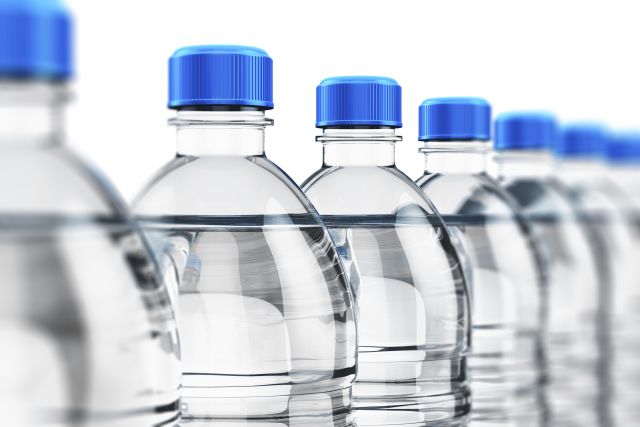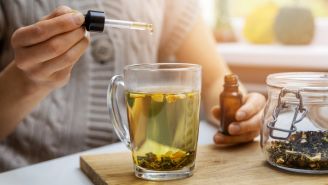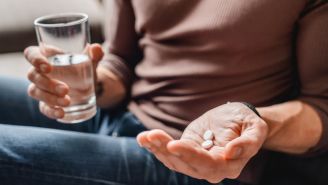You know bisphenol A (BPA) is nasty stuff. Unfortunately, the bad news about this toxin just keeps on coming. A pair of just-released studies links BPA with heart disease, obesity, and diabetes risk.
BPA is an organic compound that's used in plastics, such as water bottles, the lining of canned goods, and thermal receipts. Problem is, BPA mimics estrogen in your body and is thought to disrupt hormone function. BPA is linked to a host of potential health problems, from fertility trouble to cancer to developmental delays in kids. Learn more about the link between breast cancer, BPA, and other toxins.
Reasons to seek BPA-free products
A new study from Britain links high urinary concentrations of BPA in healthy men and women to a higher risk of heart disease 10 years later. In another new study, Chinese researchers linked high concentrations of BPA to obesity -- especially belly fat -- and insulin resistance (a forerunner of diabetes) in middle-aged and elderly people. American researchers have found a similar connection between BPA and type 2 diabetes. Discover ways to help prevent diabetes.
With that kind of news, you certainly don't want a side order of BPA every time you eat or drink. Simple changes can limit your exposure to BPA and possibly prevent diabetes, heart disease, obesity, and other health-related problems.
- Opt for fresh food. One study found that a diet of organic fresh food can reduce urinary levels of BPA and DEHP (a type of phthalate chemical that's also a hormone disruptor) by more than 50% in just 3 days.
- Look for BPA-free containers. When you do buy packaged foods, choose those in glass jars, aseptic packaging, and BPA-free cans.
- Store food in glass, ceramic, or stainless-steel containers. You can find plastic containers that are free of BPA, but some researchers have found traces of BPA in those, too.
- Shop for dry goods at the bulk bins. Pick up flour, rice, beans, dried fruit, cereal, and pasta at the bulk bins at health-food stores. Sure, you'll put bulk-bin finds into plastic bags, but you can transfer them to BPA-free containers as soon as you get home.
- Avoid microwaving food in plastic containers. The heat causes BPA and other chemicals to leach into food. Similarly, don't put plastic containers in the dishwasher.
- Don't handle thermal receipts. These are those carbonless receipts you collect everywhere you go, from the grocery store to the gas station to the ATM. Yep, they have BPA. Refuse receipts if you have the option. If you don't, wash your hands after handling them. BPA in thermal receipts can be absorbed through your skin, as well as ingested with food.






